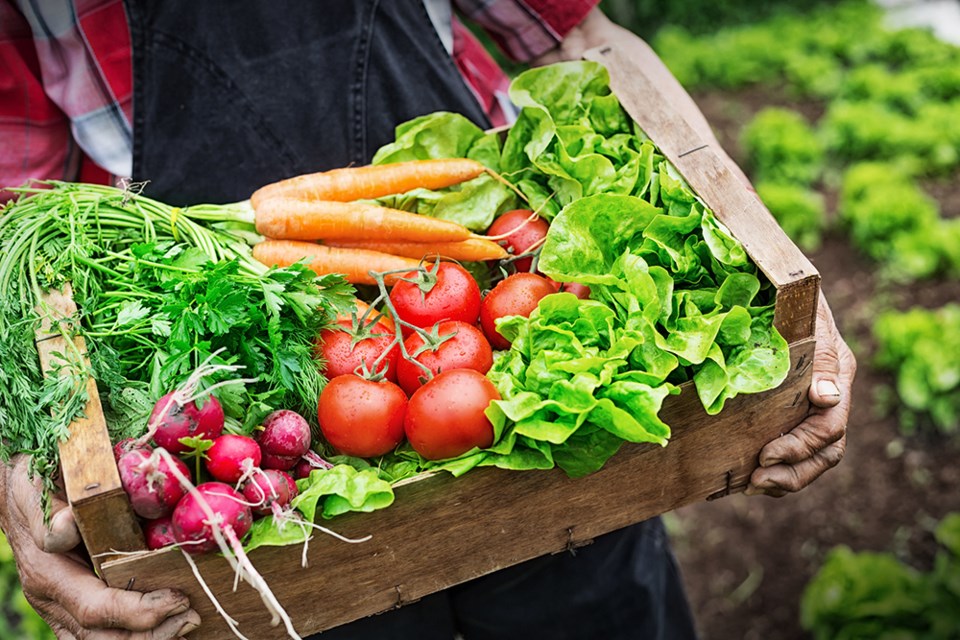The next time your coworker brings you a coffee in a single-use cup and you suffer from the twinge of guilt over accepting the treat, take a breath to gain perspective. While it is true single-use plastics are perpetuating the irresponsible consumption of earth’s precious resources, there are bigger fish in the sea.
This is a time in global history when we are overwhelmed with messaging about all the ways we are hurting the planet. From plastic straws stuck up a turtle’s nostril to biodiverse swaths of rainforest being burned down for monocrops of cane sugar or cattle farms, it seems there is something calling out for an intervention wherever our attention turns.
Being aware of the issues is vital. How can we act if we are ignorant?
There is also some wisdom to getting stirred up in order to motivate rightful action. Yet there is the underlying truth of the 24-hour day and the reasonable limits to how much energy we have at the end of meeting the basic needs of our household.
If having the greatest positive impact is our goal, then here are some of the more efficient ways of directing our advocacy.
Compostable materials such as food scraps, paper towels and yard trimmings make up 40 per cent of our region’s household waste. So, if you haven’t already gotten into the habit, this is a great place to start trimming your impact.
Compost in landfills creates methane gas, an incredibly potent greenhouse gas. Whether you participate in community composting, set up a backyard composter or share a composter with a neighbour, you will notice your garbage bin getting lighter and even smelling better.
Take another step back and find ways to avoid the food waste in your home, which happens to be where 50 per cent of all edible food waste happens.
Speaking of food, we are now learning with increasing certitude that large scale agriculture and the fishing and meat industries are literally eating up the planet’s resources. Popular documentaries such as Seaspiracy and Food, Inc. have revealed how unsustainable our global appetite is.
The fishing industry’s practices of using large nets to trowel the bottom of the ocean, in effect deforesting it, is leading to the loss of plankton – a plant that generates 80 per cent of the planet’s oxygen – much more than even our forests.
Favouring meat-free meals of garden and locally farmed vegetables is an incredibly effective way to reduce our footprint. Getting into repurposing and thrifting is another.
With building material prices skyrocketing and global supply chains getting sluggish, we are naturally turning back the clocks. Used and locally sourced often translates to better quality and better for the earth. Deconstruction is replacing demolition as a market develops to make better use of materials than a landfill ever will.
Both the construction and fashion industry have a history of being incredibly wasteful. Secondhand building supply stores and consignment clothing shops are cropping up as healthy and more cost-effective alternatives. Supporting them means we extend the life of materials already made and honour the resources that made them possible.
There has never been a more vital moment in humanity’s timeline for us to focus our energy on rebalancing our relationship with the planet. Every effort does make a difference, and yet some are deeper in their impact; let’s choose the ones that make the biggest splash.
Let’s Talk Trash is qathet Regional District’s waste-reduction education program. For more information, email [email protected] or go to LetsTalkTrash.ca.



